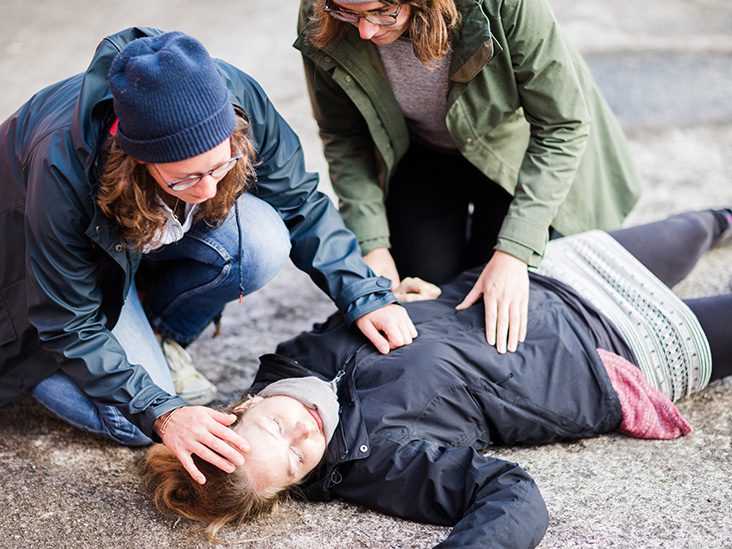Over the last few weeks, we have been providing information on how you can support someone who is having a seizure.
Up until now, we have focussed on some of the most common types of seizures and relevant seizure first aid. We also want you to be confident in recognising and dealing with less straightforward seizure situations.
In many cases, a person experiencing any of the below situations may be prescribed emergency medication, which can be administered to stop the seizure.
This medication can be kept at home and comes with a written emergency medication protocol that specifies what to look out for, when to administer emergency medication, how much of the medication to give, and when to call for an ambulance. The protocol also specifies who can give emergency medication.
Below is a look at some complex seizures.
Serial seizures
Serial seizures are seizures occurring one after another without full recovery in between. Full recovery means a return to full consciousness and normal breathing.
Depending on the type of seizures, especially those that affect breathing, this can be a medical emergency. If there is no prescribed emergency medication or written care plan in place, call an ambulance.
Cluster seizures
A cluster of seizures is a grouping of seizures that occur around certain events such as stressful times or during a woman’s monthly periods.
The person always returns to full consciousness and their breathing returns to normal between each seizure. Sometimes people are prescribed additional (booster) medication to take around those times when seizures are more likely.
Always seek medical advice if you or the person you care for experiences a first cluster of seizures. Please note the term cluster seizures is sometimes used interchangeably with serial seizures as outlined above.
Prolonged seizures and status epilepticus
Prolonged seizures are seizures that last two minutes longer than usual, or five minutes in total if you do not know the person, or do not yet know their seizure pattern.
A prolonged seizure can turn into status epilepticus. This is defined as a seizure that does not stop on its own, or several seizures without any recovery in between.
Status epilepticus is rare and is more likely to happen with uncontrolled seizures. It is more commonly linked to convulsive seizures but can also occur with non-convulsive seizures, which can be more difficult to detect.
A medical emergency is more likely to arise with convulsive seizures because they affect breathing.
If you or someone you care for has one prolonged seizure, a specialist may prescribe emergency medication, which can be given at home to stop the seizure.
If you do not have emergency medication, or the seizure continues despite emergency medication, phone an ambulance.
For more information, please check out our first aid for seizures factsheet by clicking here.




